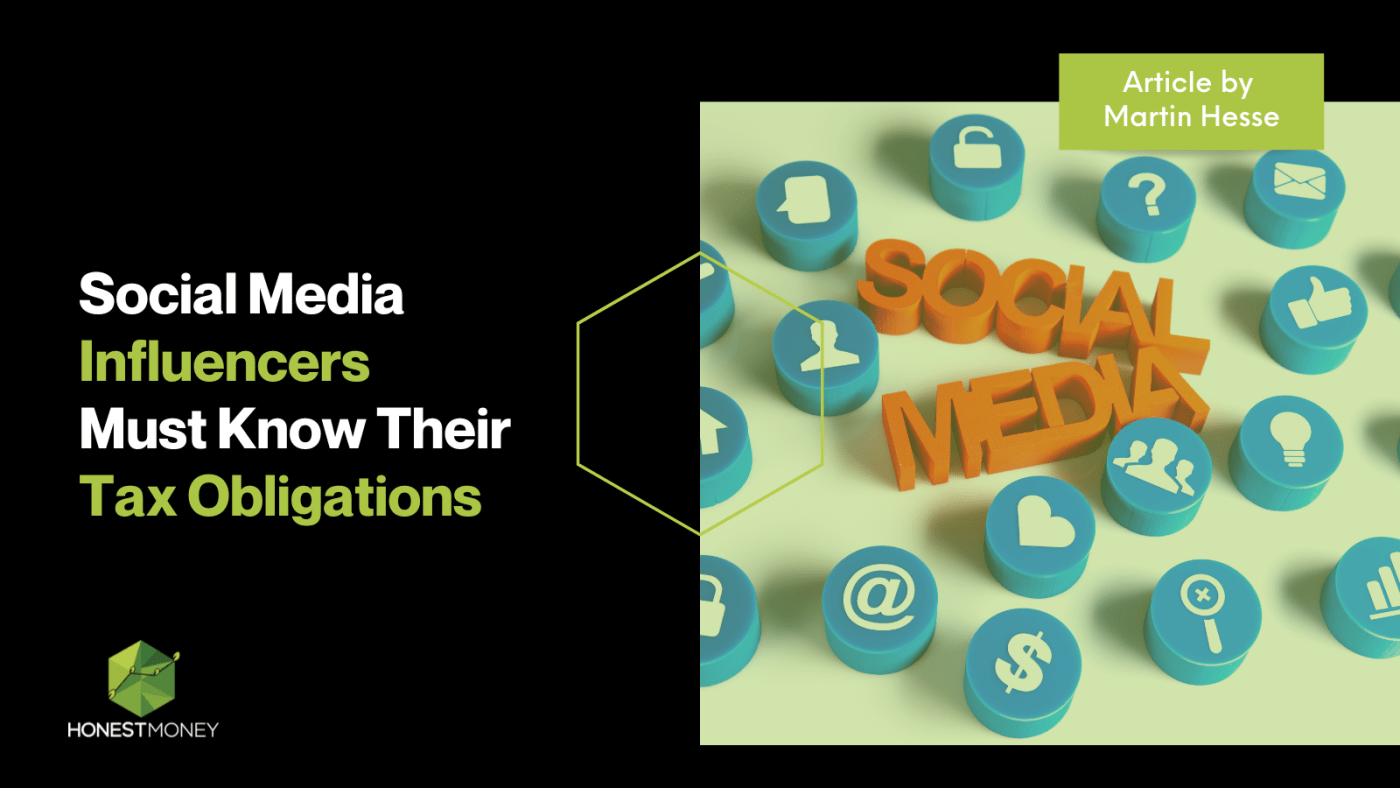Social Media Influencers Must Know Their Tax Obligations

If you are earning an income as an “influencer” on social media, you need to declare that income to SARS and pay tax on it, just as you would if you were earning an income in any other occupation or business.
Many people, especially millennials and younger generations, are supplementing their income with “side hustles”, and a popular form of side hustle is becoming an influencer on social media such as Facebook, TikTok or YouTube. For a growing number, this has become a full-time career, and for a fortunate minority, a lucrative one. The more followers you attract on, say, a YouTube channel, the more you will earn from YouTube through the advertising revenue it receives.
In the stratosphere among influencers is 27-year-old Jimmy Donaldson of Wichita in the US, known to his 431 million YouTube subscribers as MrBeast, who has, according to Fortune, has amassed a fortune of a billion dollars.
Although nowhere near MrBeast in worldwide popularity or earnings, South Africa has its own band of influencers, covering diverse topics from rugby to fashion to entertainment. The revenue they earn, as well as any gifts or perks from sponsors, are subject to tax and must be disclosed to SARS.
SARS notice to social influencers
Last week, SARS issued a notice clarifying its position on media influencers. The revenue service says it hopes influencers will voluntarily comply with their tax obligations and is offering assistance and educational material to ensure they do so.
“Full voluntary disclosure is critical. No matter how social influencers are remunerated — whether with products, services, or travel — all of these are deemed as income and must be taxed accordingly. In line with our compliance theory, SARS believes that taxpayers are honest: when they are clear and certain of their obligations, they comply voluntarily. SARS believes that social influencers will declare honestly when adequately educated. In this regard, SARS has prepared products and videos to help these taxpayers to meet their obligations. It will also provide seminars and webinars as well as rulings to educate taxpayers about their obligations,” SARS says.
In the notice, SARS Commissioner Edward Kieswetter was quoted as saying that “SARS is looking forward to working with this segment to provide clarity and certainty, but also to provide them with a seamless taxpayer experience”. He stressed that “SARS is more than willing to assist honest taxpayers to comply with their tax obligations. I am reminding social influencers to uphold their end of the bargain.”
The practicalities of tax compliance
The tax services website TaxTim says influencers must register as provisional taxpayers if their annual income exceeds the tax threshold, which is currently R95 750 for people under the age of 65. This means filing provisional tax returns and making two provisional payments per year.
TaxTim says that, like any other earner, influencers can offset their taxable income by claiming deductions for expenses incurred in generating their income, including the cost of equipment such as cameras and computers, marketing and advertising costs, professional fees, internet and cellphone expenses, and travel expenses related to business activities.
You also need to keep a comprehensive record of income and expenses, backed up with documents such as invoices, receipts, contracts and bank statements.
If your turnover as an influencer business is more than R1 million in a given 12-month period, you will be required to register your business for VAT.
Fast-growing influencer sector
South Africa’s influencer economy has grown into a billion-rand industry and it must contribute proportionately to the fiscus, says Mohau Lebese, managing partner at Accountants on Point.
“The influencer sector is no longer just a casual side hustle; it’s a business and it must be treated as one. Social media personalities, from mega-celebrities to niche micro-influencers, now wield unprecedented marketing power and along with it, important tax obligations. SARS has made it clear that all income generated from sponsored posts, brand endorsements, affiliate marketing and even barter deals must be reported as taxable income, whether earned locally or abroad,” Lebese says.
Author
-

Martin is the former editor of Personal Finance weekend newspaper supplement and quarterly magazine. He now writes in a freelance capacity, focusing on educating consumers about managing their money
View all posts


